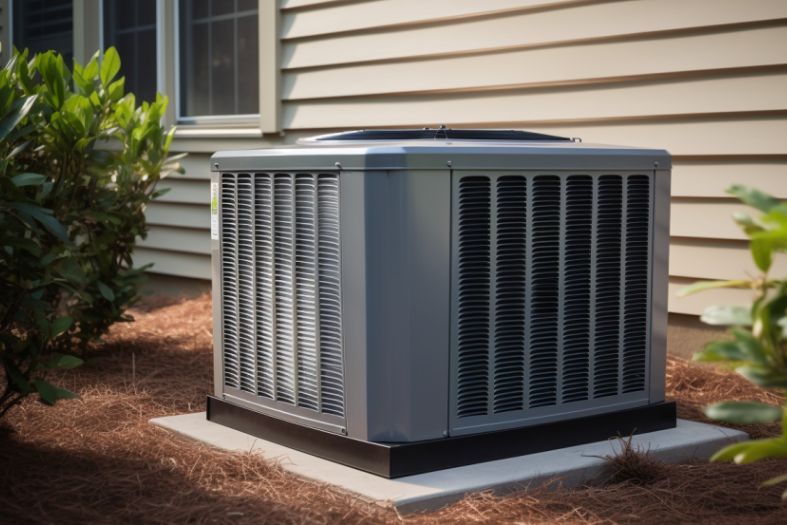
10 HVAC Maintenance And Tune Up Tips Every Homeowner Should Know
As the seasons shift, you might be wondering what’s the best way a homeowner can maintain an HVAC System. HVAC Systems are used during every season and is a vital part of any home. This complex network of heating, ventilation, and air conditioning is pivotal not just for our comfort but also for the air quality we breathe daily.
If you’re looking for ways to control your finances, look no further than your heating and cooling system. Home heating and air conditioning systems claim more than half of total household energy consumption, and cost thousands of dollars to replace. Keeping your HVAC system in top condition is a great way to save money on monthly energy bills, and to stave off the high costs of repairing or replacing the system. Even hiring a professional HVAC Company to routinely inspect and perform maintenance is highly beneficial and cost effective.
1. Schedule Routine Professional HVAC Preventative Maintenance
When it comes to your HVAC System, maintenance and prevention is always better than dealing with a broken and inefficient system that could be costly to repair or replace. Scheduling routine professional preventative maintenance is the cornerstone of ensuring that your heating and cooling systems run smoothly and efficiently year-round.
This kind of foresight not only safeguards against the inconvenience and discomfort of system failures but also protects your wallet from the financial strain of emergency repairs. Professional technicians can identify and fix minor issues before they escalate into major problems, ensuring that your system operates at peak efficiency.
Moreover, regular maintenance often serves as a condition for maintaining manufacturer warranties, which means skipping it could lead to voided coverage. Routine maintenance services provide a thorough inspection and tune-up that can significantly extend the lifespan of your HVAC unit. During these visits, professionals will clean components that are often overlooked, adjust connections, lubricate moving parts, and check system controls, among other tasks.
This meticulous attention to detail ensures that every facet of your system is operating optimally, which improves energy efficiency – keeping your energy bills as low as possible. By entrusting your system to the hands of professionals on a regular basis, you’re investing in a practice that pays in both comfort and cost savings over the long term.
2. Change The Air Filters Regularly
Changing the air filters in your HVAC system is something that every homeowner can do that regularly that helps greatly. It’s a simple yet critical task for maintaining indoor air quality and ensuring the efficiency of your HVAC system.
Over time, air filters collect dust, pollen, pet dander, and a host of other particulates, which can clog and impede airflow. This not only forces your HVAC system to work harder—increasing energy consumption and driving up utility bills—but it can also lead to premature wear and tear on its components, potentially resulting in costly repairs.
Furthermore, a dirty filter can no longer effectively trap contaminants, reducing the overall air quality in your home and possibly aggravating allergies and respiratory conditions. Regularly replacing these filters, typically every 90 days or as recommended by the manufacturer, is a straightforward step that helps ensure cleaner air circulates throughout your home, while also maintaining the performance and longevity of your HVAC system.
3. Perform Visual Inspections Of Your HVAC System
Conducting visual inspections of your HVAC system plays a critical role in preemptive maintenance. We know your HVAC System might be out of sight and out of mind, but it’s important to prioritize checking on it from time to time.
Think of it as the health checkup you undertake for your home’s comfort system—catching potential issues before they balloon into serious concerns. These regular visual tests allow you to spot any irregularities, such as unusual frost build-up, leaking fluids, or corrosion, that could signal underlying problems. By taking a proactive approach to observe the condition of the exterior compressor, the accessible ductwork, and the general area around all HVAC equipment, you are more likely to notice if something appears off, signaling that it’s time to call a professional.
Identifying these signs early and addressing them can not only stave off more extensive damage that could disrupt your system’s efficiency but also save you from the inconvenience and expense of a total system breakdown. Essentially, these visual checks serve as your first line of defense in HVAC maintenance, promoting both the longevity of the system and your peace of mind.
4. Keep The Outside HVAC Unit Clean And Clear
Keeping the outside unit clean and clear from debris is vital for its optimal operation. The outside HVAC unit can easily become a collection point for fallen leaves, twigs, grass clippings and other debris which can obstruct airflow and impair the unit’s ability to effectively work. These blockages force the system to work harder, which in turn, reduces efficiency and can shorten the lifespan of the unit.
Moreover, debris can get inside the unit and damage the fins or the fan, leading to more significant repairs. To prevent these issues, ensure there’s at least a two-foot clearance around the unit to help maintain proper airflow and regularly remove any debris.
5. Regulate Your Home Temperature And Insulation
Regulating your home temperature is essential for maintaining the health and efficiency of your HVAC System. Frequent starts and stops not only lead to excessive wear and tear on its components but also increase energy consumption. By maintaining a relatively constant temperature or employing a programmable thermostat to adjust settings when you’re away or asleep, you can reduce the operational demand on your system.
Insulation and proper seals are the unsung heroes for temperature regulation. Good insulation acts like a thermal blanket for your home, slowing the rate at which heat escapes during the winter or enters during the summer. It means your HVAC system doesn’t have to work as hard to maintain your desired indoor climate.
Similarly, proper seals on windows and doors prevent drafts, keeping warm or cool air in and unconditioned air out. Together, these factors drastically reduce the workload on your HVAC unit. It’s not just about energy savings — although that’s a significant benefit — but also about reducing the frequency of repair calls and prolonging the overall health of your system. B
y ensuring that your home is well-insulated and sealed against the elements, you create an environment where your HVAC system can operate under optimal conditions, thus ensuring that your home remains a sanctuary of comfort regardless of the whims of weather outside.
6. Change The Batteries In Your Thermostat
Keeping the batteries in your thermostat fresh is a small task that carries substantial importance for the functioning of your HVAC system. The thermostat is the command center of your home’s heating and cooling, instructing the system when to turn on and off, and regulating the temperature to your preferred settings.
When batteries begin to weaken, the thermostat may lose its efficiency in communicating with the HVAC system, potentially leading to temperature discrepancies, system short-cycling, or complete failure to activate the system. This can not only lead to discomfort but can also cause unnecessary strain on your HVAC system as it may not operate as smoothly as it should, or could shut down entirely.
Regularly changing the batteries in your thermostat ensures that it has a consistent power supply to accurately read and respond to your home’s temperature, thus maintaining the desired comfort level and the seamless operation of your heating and cooling system. It’s a simple step, but one that helps in the fine-tuning of your HVAC system’s performance and reliability.
7. Maintain The Carbon Monoxide Detector
Maintaining the carbon monoxide detector in your home is an essential safety measure. Carbon monoxide (CO) is a colorless, odorless gas that can be lethal at high levels. A well-maintained CO detector is your first line of defense; it provides an early warning by detecting the presence of this dangerous gas before it reaches hazardous levels, allowing you and your family time to evacuate and address the issue. It’s crucial to test the detector regularly, replace batteries at least once a year, and replace the detector itself according to the manufacturer’s recommendations.
8. Monitor HVAC System Performance And Energy Bills
Monitoring the performance of your HVAC system is an integral part of home maintenance that often goes under appreciated until a problem arises. Paying close attention to how your system operates can provide invaluable insights into its health and efficiency. If you notice changes such as inconsistent temperatures, strange noises, or cycles that are shorter or longer than usual, these could be early warning signs of issues that might escalate if left unchecked.
Additionally, it can also ensure that your system is running as efficiently as possible, which is important not just for your comfort but for the longevity of the unit itself. Your energy bills are another telltale indicator of your HVAC system’s performance. An unexpected increase in your bills can often be the first concrete sign that your system is working harder than it should to maintain the desired climate within your home.
This can be due to a variety of issues, such as leaking ductwork, a dirty air filter, or an aging system in need of repair or replacement. By monitoring your energy usage and comparing it month to month or against the same period in previous years, you can identify any unusual spikes in consumption.
Ultimately, the combined practices of monitoring system performance and keeping an eye on energy bills not only contribute to a better-maintained HVAC system but also promote a more energy-conscious and cost-effective household.
9. Humidity Control And Dehumidifiers
Particularly for homes in Georgia, where the climate can deliver hot and humid conditions for a significant portion of the year, humidity control is paramount. By maintaining an appropriate level of humidity in your home, you’re not only ensuring the comfort and health of the occupants but also protecting the physical state of your home’s interior and belongings.
High humidity levels can encourage the growth of mold and mildew, which can lead to poor indoor air quality and potentially cause health problems such as allergies and respiratory issues. Excessive moisture in the air can also warp wood, peel paint, and cause wallpaper to detach.
HVAC Systems in Georgia have to work harder to cool and dehumidify the air. By using a dehumidifier to assist in controlling moisture levels, homeowners can ease the burden on their air conditioning units, potentially reducing energy consumption and prolonging the lifespan of their HVAC systems.
10. Consider Total Replacement Or System Upgrades
When it comes down to it, your HVAC System has a lifespan. Although routine maintenance and DIY Tips can help extend it, at one point it will reach the end of it’s lifespan. Considering total replacement or upgrades for an HVAC unit can be a significant decision for any homeowner, but it’s often a necessary one when faced with an aging or underperforming system.
As HVAC technology advances, newer systems offer greater efficiency, more consistent heating and cooling, and features that enhance comfort and convenience. Older systems, typically those more than 10-15 years old, not only run less efficiently but are also more prone to breakdowns, which can result in costly repairs. These systems can also use outdated refrigerants that are less eco-friendly and may be phased out in the near future.
Investing in a new HVAC system or upgrading components can provide a more energy-efficient home, reduce the carbon footprint, and even increase property value, making it an investment that pays off in multiple ways. If you have an aging system or a system that frequently breaks down, it may be time to consider a replacement or upgrade before you’re faced with an emergency situation.
Professional HVAC Maintenance Near You
A Broken HVAC System is every homeowners worst nightmare, but you can have peace of mind knowing your home is in great hands with Gee Heating & Air. As Georgia’s top-rated HVAC Company, we have all of the tools and expertise to handle any of your HVAC needs, including maintenance, repairs, and replacement.
Frequently Asked Questions About HVAC Systems
How often should I have my HVAC system professionally serviced?
It’s recommended to have your HVAC system professionally serviced once a year at minimum. Ideally, you should have your HVAC serviced in the spring for air conditioning and in the fall for heating. This ensures that the system is operating efficiently for the upcoming season and any issues are addressed before they become larger problems.
Can regular HVAC maintenance really save money on energy bills?
Yes, regular maintenance can help save money on your energy bills. By ensuring your system is running at peak efficiency, you avoid the excess energy consumption that occurs when filters are clogged, parts are worn, or systems are uncalibrated. Clean, well-maintained systems require less energy to heat and cool your home.
How do I know if my HVAC system needs repair or replacement?
f your HVAC system is frequently breaking down, making unusual noises, failing to heat or cool your home effectively, or causing a significant increase in your energy bills, it may be time for repair or replacement. Additionally, if your system is over 15 years old, it might be more cost-effective to replace it with a more energy-efficient model than to continue repairing it.
Table of Contents
More Articles
Categories
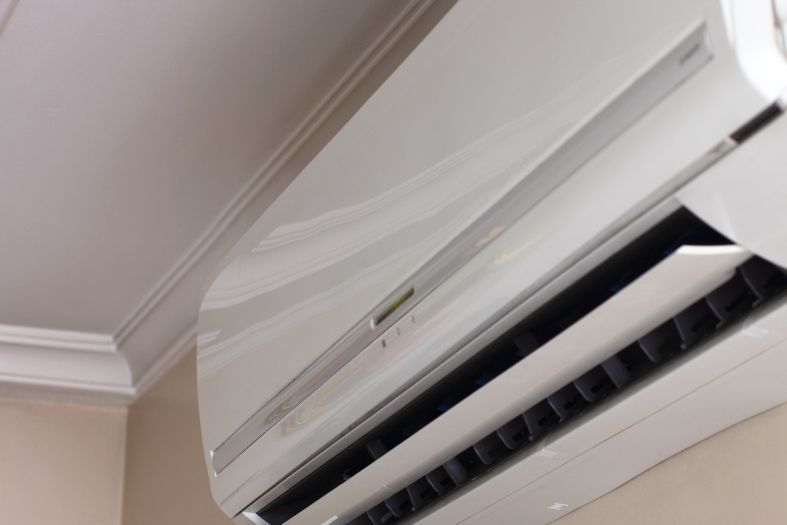
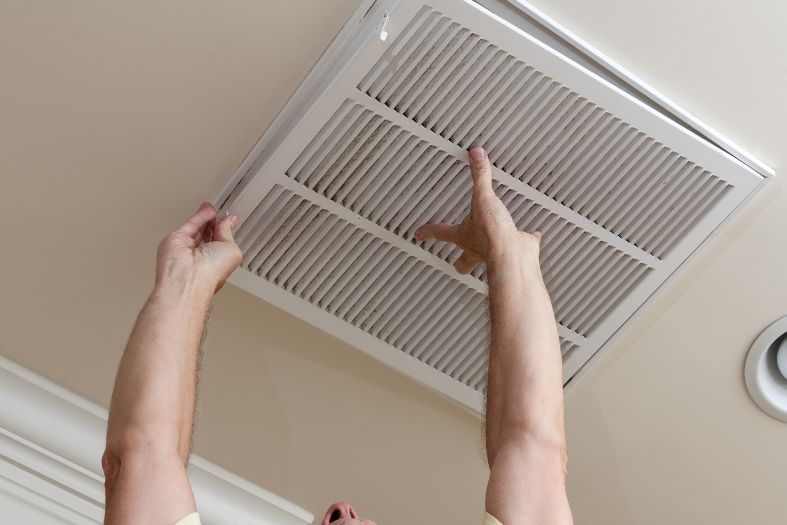
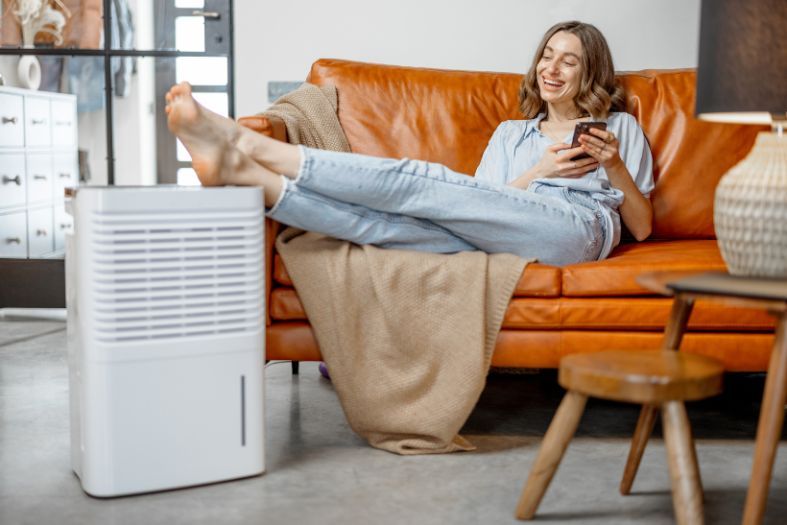
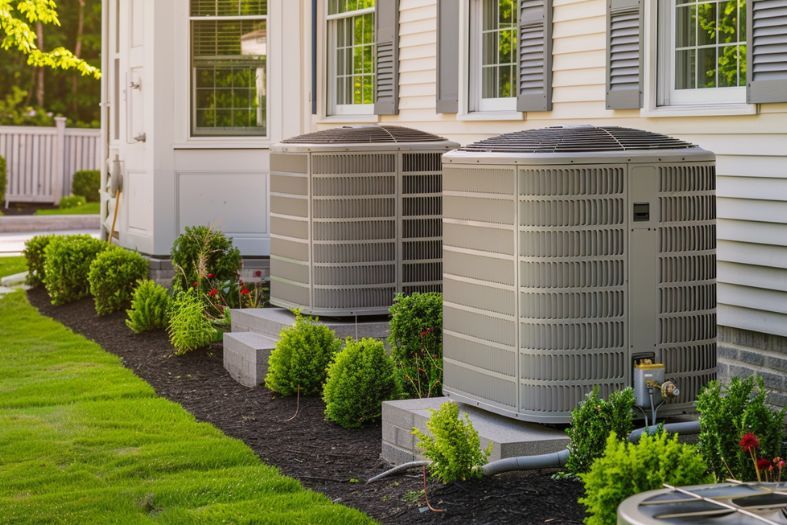
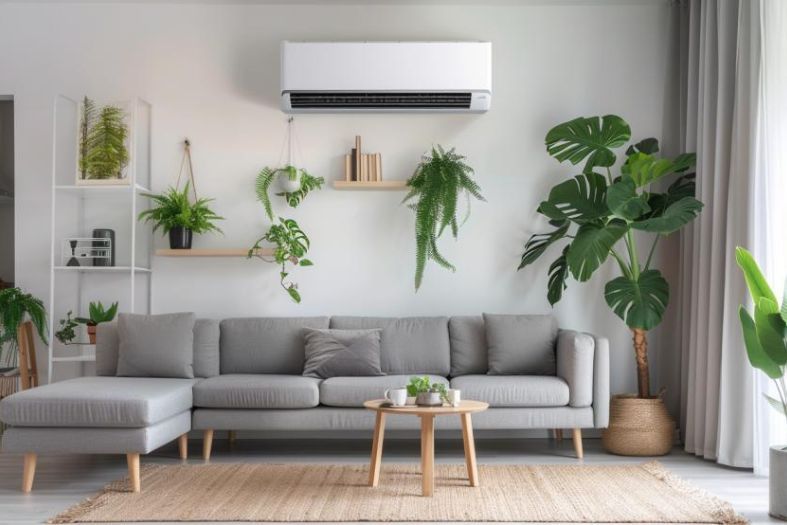
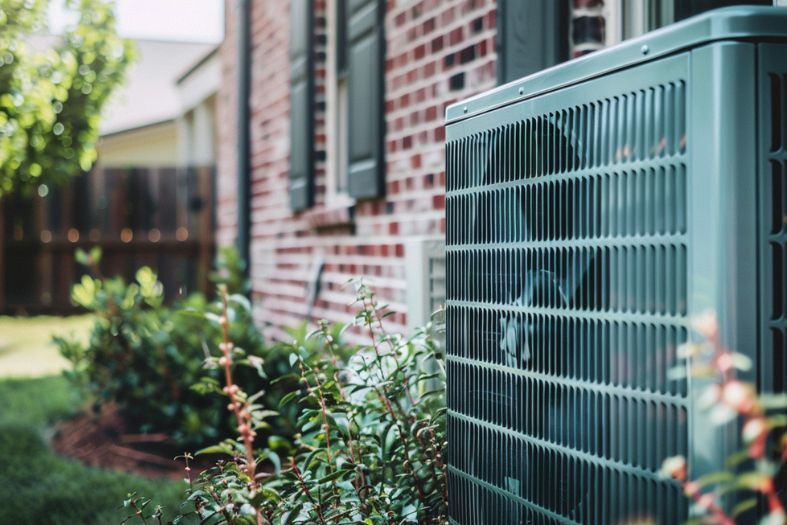
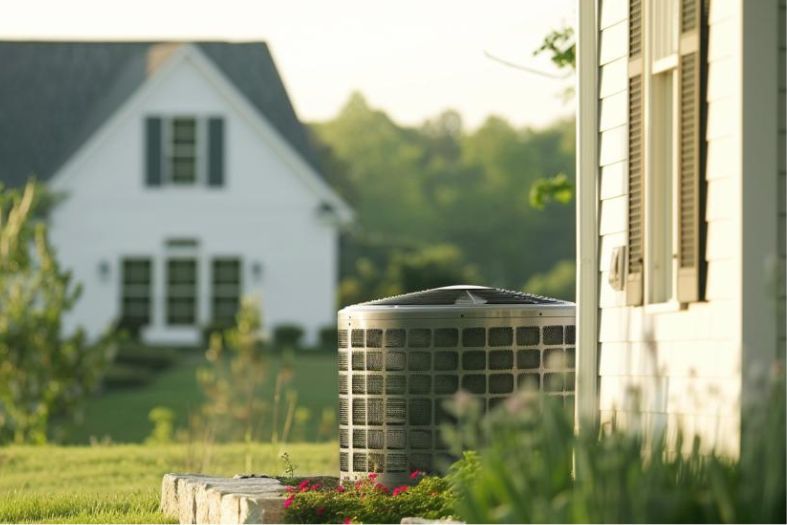

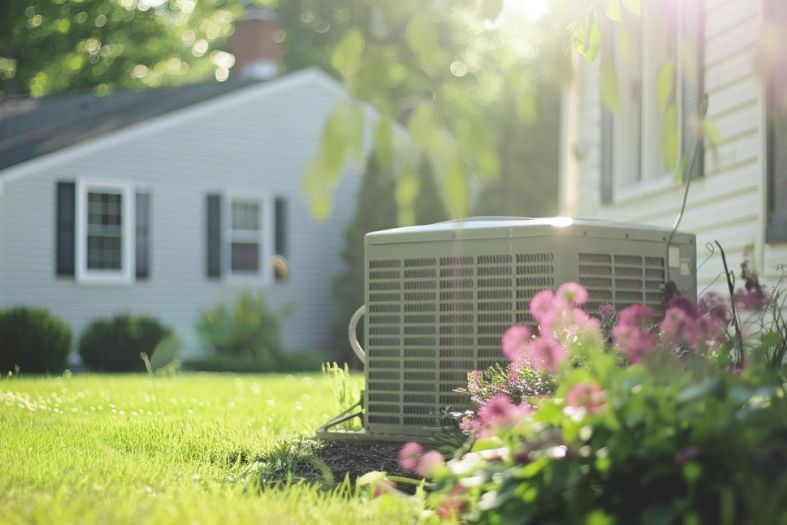
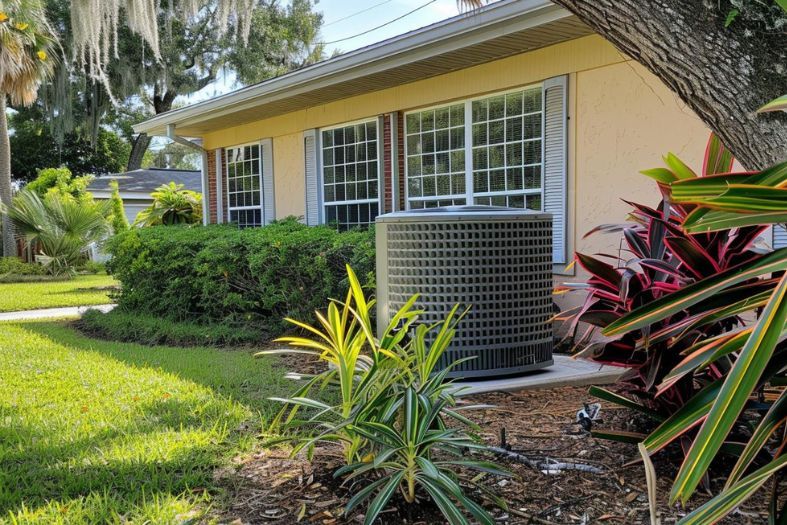
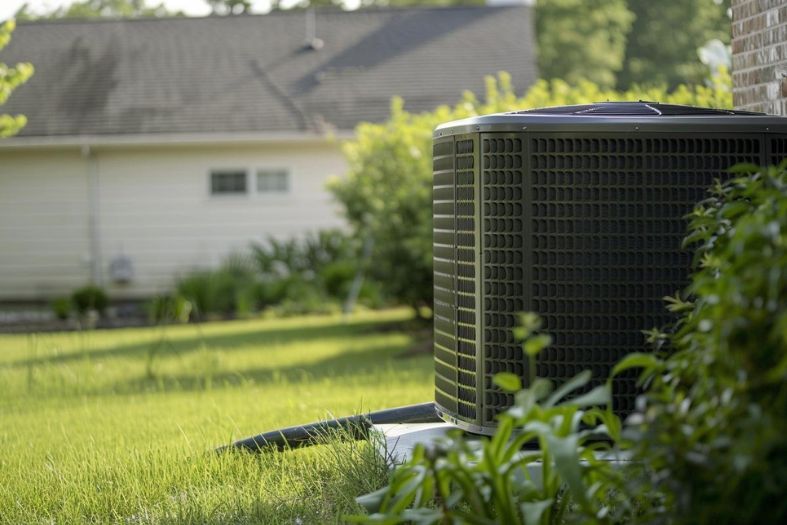
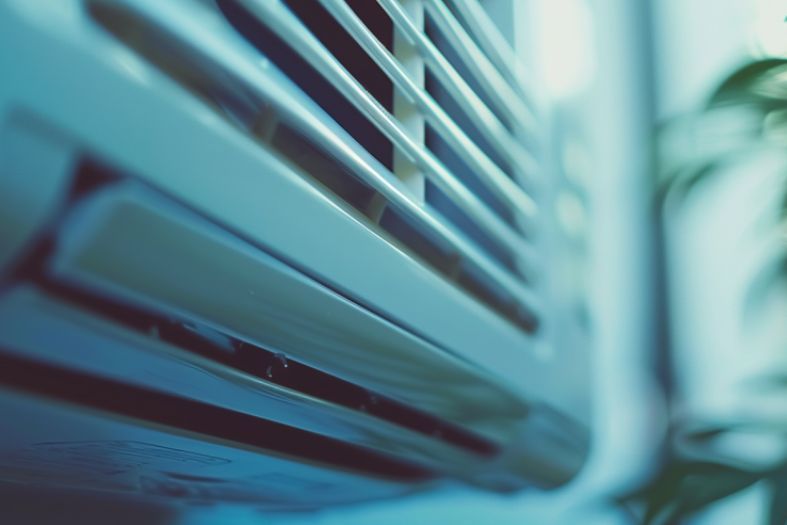
Leave a Reply